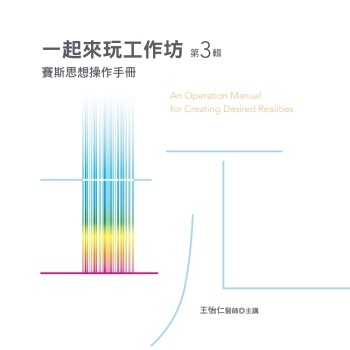Grounded in institutional theories, this volume offers a framework for understanding the evolution of corporate governance in the six leading Latin American countries, namely Argentina, Brazil, Chile, Colombia, Mexico, and Peru.
Applying inductive qualitative methods, it postulates the notion of governing as a dynamic, emergent and contextual process and traces its evolution and adaption to the different configurations of institutional logics in each country and the region as a whole over several decades.
Adopting corporate governance scandals as the lens through which to observe institutional change in each country, this book reveals the sources of societal transformations, identifying key lessons as well as meaningful setbacks along the way.
This edited collection helps appreciate the role and interactions of corporate elites, stakeholders and watchdogs, including the visible hands of government and multinational corporations, presenting comparisons across the countries, the region and the broader evolution of governing practices around the globe.
The result is a book combining scholarly rigor and practical relevance, looking to serve as an emerging markets benchmark guide for practitioners, researchers and thinktanks alike.











